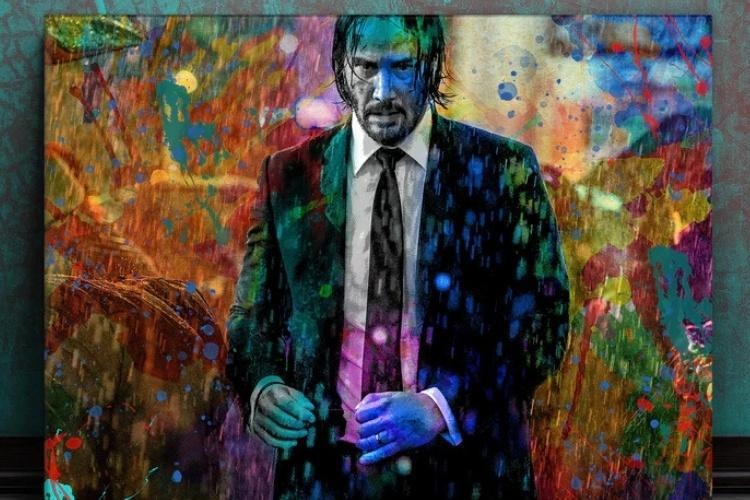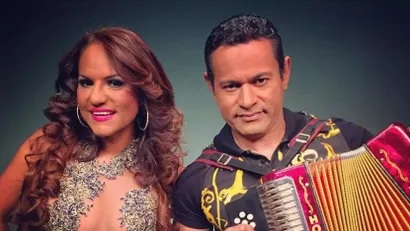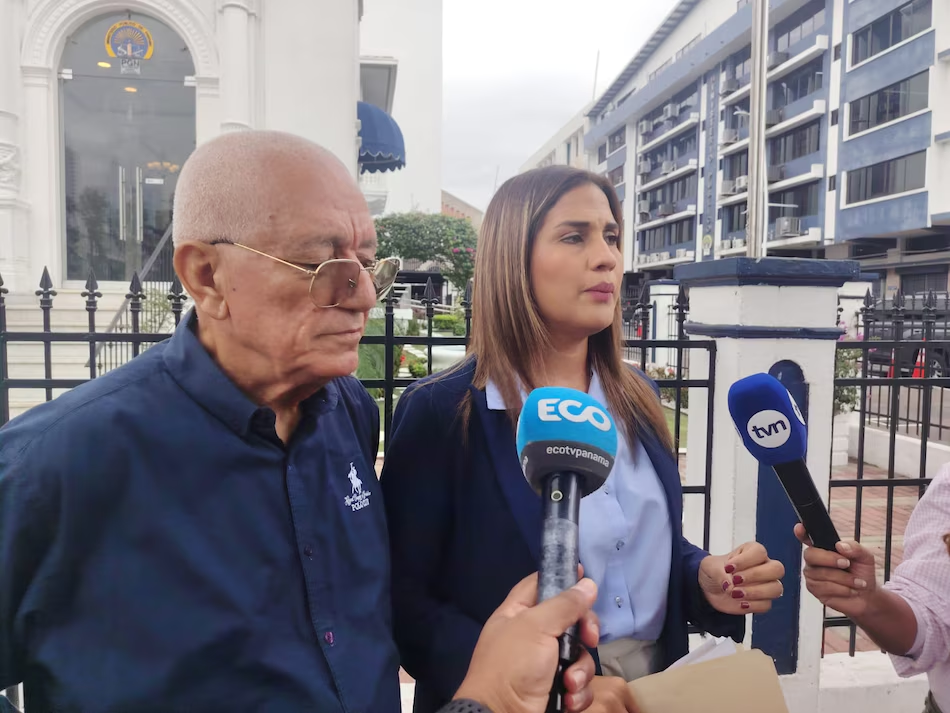The Panama deal makers Part 1,

MOSSACK FONSECA, a Panama law firm with offices tucked away on a side road off Calle 50 was one of the most secretive companies in the country with a network of connections with people in the world of finance ready to turn a blind eye or interpret the law to the benefit of the customer That’s how its clients liked it, and they came from every corner of the world ranging from government leaders, businessmen, fraudsters sports stars, celebrities, and, according to US government officers some linked to Mexican mobs and money laundering.

The clients had two things thing in common, they were super wealthy and wanted to to hide their pile. The company did that through a series of complicated shell companies and banking networks with never a query from Panamanian governments or law enforcement agencies, as there activities were deemed lawful.
Mossack Fonseca, has branches or offices in Hong Kong, Miami, Zurich, the British Virgin Islands and more than thirty other countries.
The law-firm’s co-founder Romano Fonseca recently resigned as a top adviser to president Juan Carloa Varela when its Brazilian office was raided ad staff arrested with alleged links linked to the car wash bribery scandal. That was the first tremor in what was to become an earthquake shaking similar operations around the world, with the release of the data base of the law firm to the German daily Sueddeutsche Zeitung and shared with the International Consortium of Investigative Journalists (ICIJ) of clients exposing the secrets of thousands of clients including The prime ministers of Iceland and Pakistan, the king of Saudi Arabia and the children of the president of Azerbaijan and Vladimir Putin, who had allegedly controlled offshore companies, according to the documents. Also named are at least 33 people and companies that are on the blacklist of the US government for allegedly doing business with Mexican drug traffickers, terrorist organizations such as Hezbollah or nations under sanctions such as North Korea and Iran.
The US government said that one of the companies listed in the documents could have supplied fuel to an aircraft used to bomb Syria and murder thousands of its citizens.
“These findings show how deeply rooted are harmful practices and crime in the offshore world,” said Gabriel Zucman, an economist at the University of California, Berkeley and author of “The hidden riches of nations scourge of tax havens.”
Zucman, added that publications should encourage governments to seek “targeted sanctions” against jurisdictions that are home the secret offshore dealings
In the documents shared by the German newspaper with ICIJ, world leaders allegedly took advantage of offshore vehicles to commit acts of corruption or conceal their proceeds. The journalistic consortium said companies appear to be linked with the family of the senior leader of China, Xi Jingpin, who before taking over as president vowed to fight “against the armies of corruption.”
It also includes Ukraine President Petro Poroshenko, who has identified himself as the reformer of a country shaken by corruption scandals. and there are new details of offshore transactions of the family of, UK prime minister David Cameron.
Most of the services provided by the offshore industry are legal. However, the documents that the German newspaper Sueddeutsche Zeitung accessed laid bare the activities of banks, law firms and other actors in this world that often have failed to comply with legal requirements created to confirm that their customers are not involved in criminal enterprises, tax evasion or
Sseveral of the largest banks worldwide, as UBS and HSBC, would be the real helmsmen behind the creation of difficult companies to track in the British Virgin Islands, Panama, Seychelles, Anguilla and the Bahamas, among others jurisdictions.
The files contain more than 15,600 paper companies established by banks and other institutions for those customers who wanted to keep their finances secret. HSBC Panama was earlier reported to have transferred some $12 billion to Europe in the early years of the century. HSBC has now moved out of Panama.
The information contains data on 214,488 offshore entities linked to people in more than 200 countries, as well as the 21 financial jurisdictions where Mossack Fonseca is present.
The files link the Panamanian firm with companies or people linked to the diamond trade in Africa and the clandestine international art market, among others.
FIFA AND WATERGATE
It also mentions a convicted money launderer, who confessed to having made payments of $50,000 to the thieves in the Watergate case in the U.S.
The client portfolio of Mossack Fonseca also includes some of the people involved in a famous robbery in England and several of the players in the FIFA scandal.
The world’s best player, Lionel Messi, and his father, appeared to own a company in Panama, Mega Star Enterprises. In Spain, Messi has been formally charged with evading taxes through offshore companies.
Mossack Fonseca declined to answer questions related to specific customers because of its obligation to maintain client confidentiality.
Ramón Fonseca Mora, said in a recent interview on Panamanian television that they have no responsibility for what their clients do with the offshore companies they sell. He compared the practice with making cars, saying their responsibility ends once the car is produced.
According to him, blaming Mossack Fonseca for what people do with their companies would be like blaming the car factory “when a car is used in a robbery.”
Mossack Fonseca operations have almost always been anonymous for people outside the world of offshore finance. However, in recent months they have been under increasing scrutiny, because some governments had partial leaks of the files. Authorities in Germany and Brazil, for example, have begun to investigate their practices.
In February 2015, Süddeutsche Zeitung reported that Germany had conducted raids that had targeted one of its biggest banks, Commerzbank. The newspaper also reported to have opened an investigation of tax fraud in which in which the Panamanian firm would be involved.
In Brazil, Mossack Fonseca has been repeatedly mentioned in the investigation into alleged bribery and money laundering in the ‘Lava Jato’ operation, Brazilian prosecutors said the Panamanian firm qualifies as “major money launderers” and announced at that time that it would make criminal charges against five employees of the Brazilian representation of the firm. Mossack Fonseca, denies any wrongdoing in Brazil.
The Company’s alleged dealings with some “crimes of the century” are also being expose around the world. Stand by for more revelations





